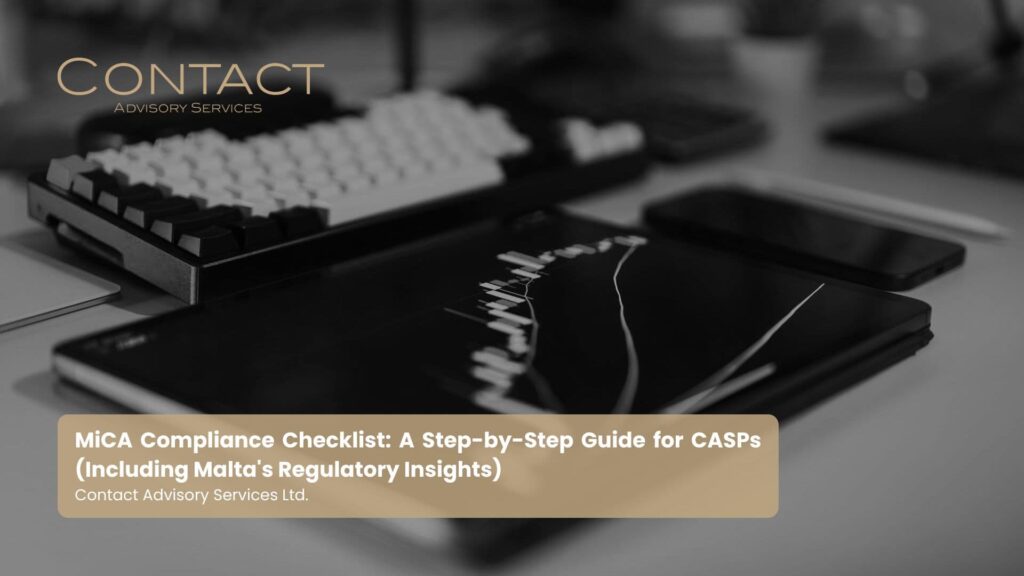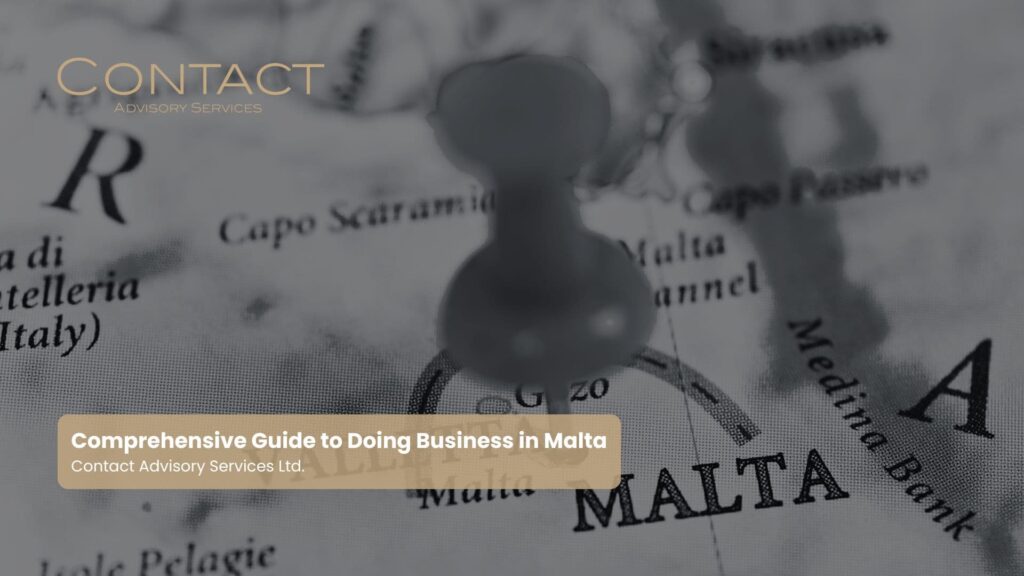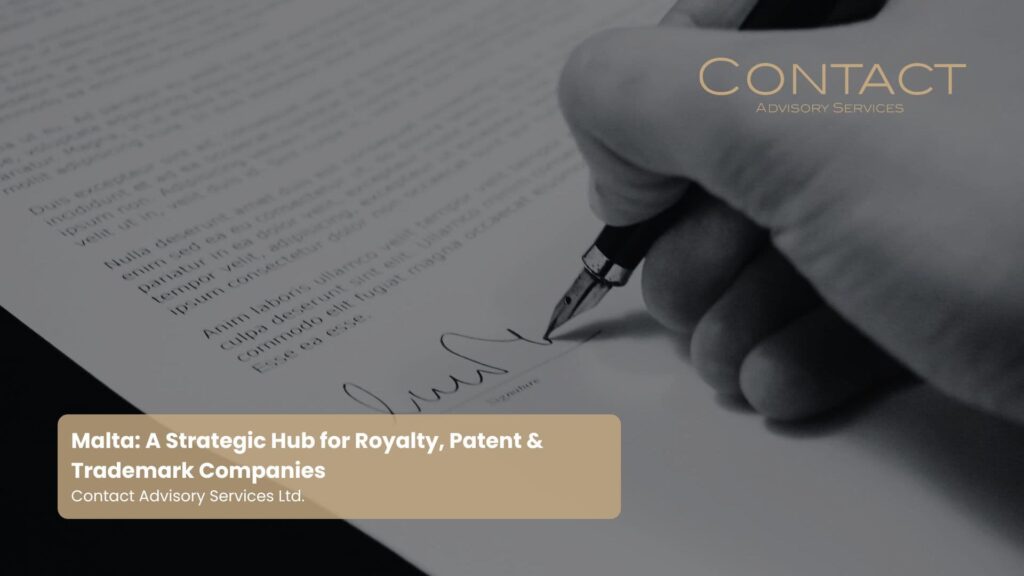In today’s interview, Luca, our Corporate Lawyer, will explain the importance of employment contracts in Malta, the essential elements that should be included, and how businesses can ensure their contracts are compliant with Maltese law.
Q: Why are employment contracts so critical for businesses in Malta?
Luca: Employment contracts are absolutely essential for establishing successful working relationships. They form the foundation of the employer-employee relationship by clearly outlining each party’s obligations, expectations, and responsibilities from the outset.
A well-drafted contract serves several purposes: it ensures clarity and transparency by clearly defining job duties, compensation, and other benefits. It also provides legal protection, offering a reference point for both parties should a dispute arise. Additionally, addressing areas of potential conflict—such as termination procedures or confidentiality agreements can help prevent misunderstandings in the long term.
One key point is that what employers might choose to include in contracts is sometimes not enforceable, as it may conflict with Maltese law. This is why it’s essential to ensure contracts are compliant from the beginning. The law takes precedence over the contract. For example, if a contract imposes an overly restrictive non-compete clause that goes beyond what is reasonable, it may not be upheld by Maltese courts. Employers must therefore ensure their contracts do not contain clauses that violate legal provisions, as such terms would be unenforceable.
Q: What are the essential elements that should be included in a Maltese employment contract?
Luca: For an employment contract to be both valid and compliant with Maltese law, it must include several key components:
• Terms of Employment: This includes the employee’s job title, start date, probationary period (if applicable), work location, and working hours.
• Compensation and Benefits: The contract should outline the base salary, bonuses, commissions, overtime pay, and other benefits like vacation and sick leave, as well as social security contributions.
• Termination Procedures: This section should explain how either party can terminate the employment, including notice periods and, where relevant, severance packages.
• Confidentiality and Intellectual Property: To protect sensitive business information, confidentiality clauses are vital to safeguarding company interests.
• Restrictive Covenants: Contracts may include non-compete and non-solicitation clauses, provided they strike a fair balance between protecting the employer’s interests and ensuring they are reasonable in scope
. • Governing Law and Dispute Resolution: Employment contracts should specify that Maltese law applies and may include provisions for resolving disputes, such as through mediation.
These elements ensure that the contract is not only legally sound but also provides clear guidelines for both parties, reducing the risk of conflicts.
Q: Beyond these essentials, what should employers be mindful of when drafting employment contracts?
Luca: Employers should always approach contracts with a view to mitigating risk. One-size-fits-all templates may overlook industry-specific requirements or evolving legal standards. It’s important to tailor contracts to the specific circumstances of the business, especially in regulated sectors like iGaming or Financial services, where more specialized clauses may be necessary to meet compliance standards.
Another crucial consideration is ensuring that the language in contracts is clear and easy to understand. Overly complicated legal jargon can cause confusion, so it’s important that both employers and employees fully grasp the terms being agreed upon.
Employers should also regularly review and update contracts to reflect any changes in Maltese employment law or internal policies. This is not just about compliance—it’s about ensuring that the contract continues to serve the evolving needs of both the employer and the employee.
Q: What can businesses do to ensure their contracts are legally compliant and protect their interests?
Luca: The best way to ensure contracts are both legally compliant and protective of business interests is to seek expert legal advice during the drafting process. Employment laws change, and industry practices can shift, so it’s important to stay up to date and have contracts reviewed regularly by professionals who understand the nuances of Maltese employment law.
Additionally, identifying and addressing potential legal risks early on—such as overly restrictive clauses or unclear termination procedures—can prevent costly legal disputes down the line. Crafting contracts that align with the business’s objectives while respecting employee rights is key to fostering long-term, positive working relationships.
Q: Any final advice for businesses on the importance of employment contracts?
Luca: My final advice is simple: taking the time to draft clear, fair, and legally compliant employment contracts is crucial for building a successful workforce. Businesses should be proactive in ensuring their contracts not only meet Maltese legal standards but also reflect the unique needs of their industry and workforce. Whether through internal reviews or external legal consultation, it’s essential to get employment contracts right from the start to avoid future issues.
Let us help you strengthen your business with customized employment contracts. Reach out to Contact Advisory Services Ltd. today!







